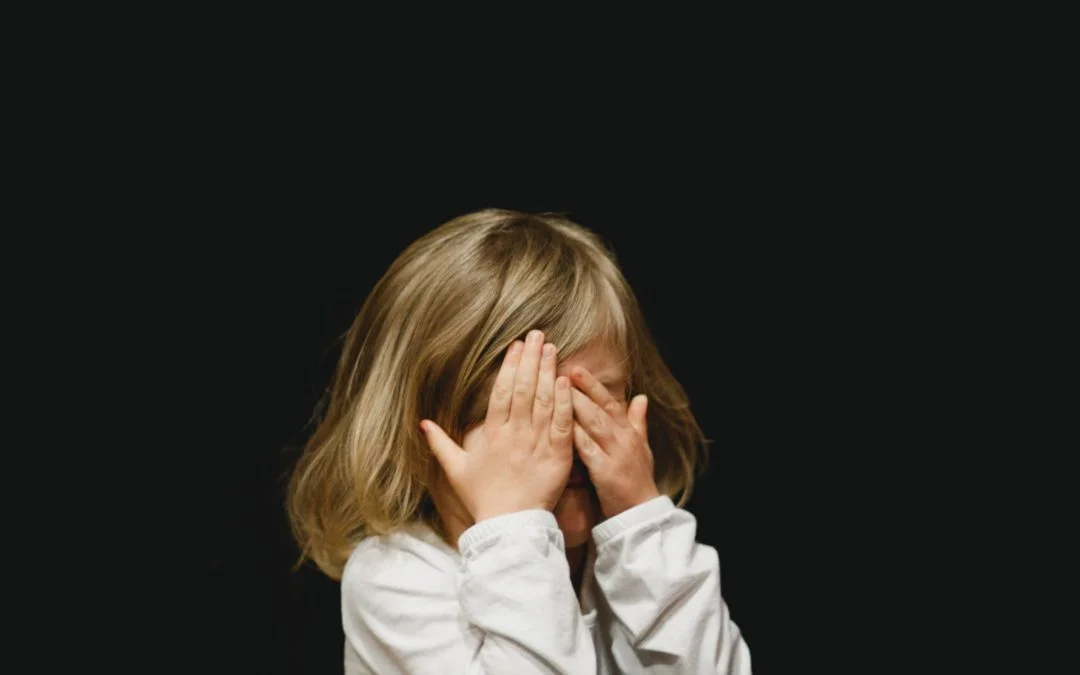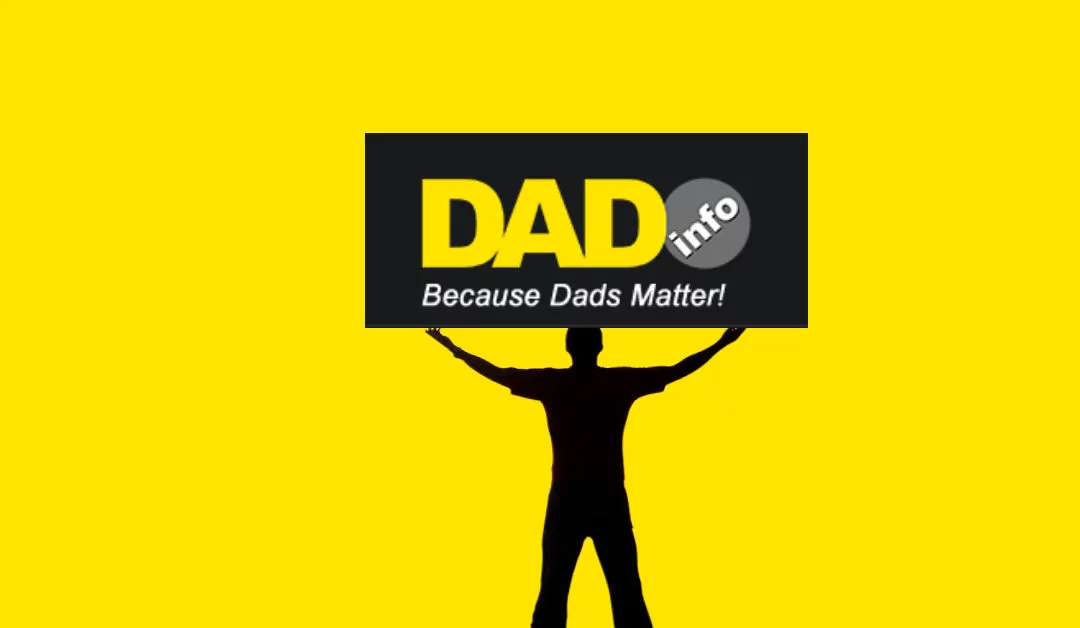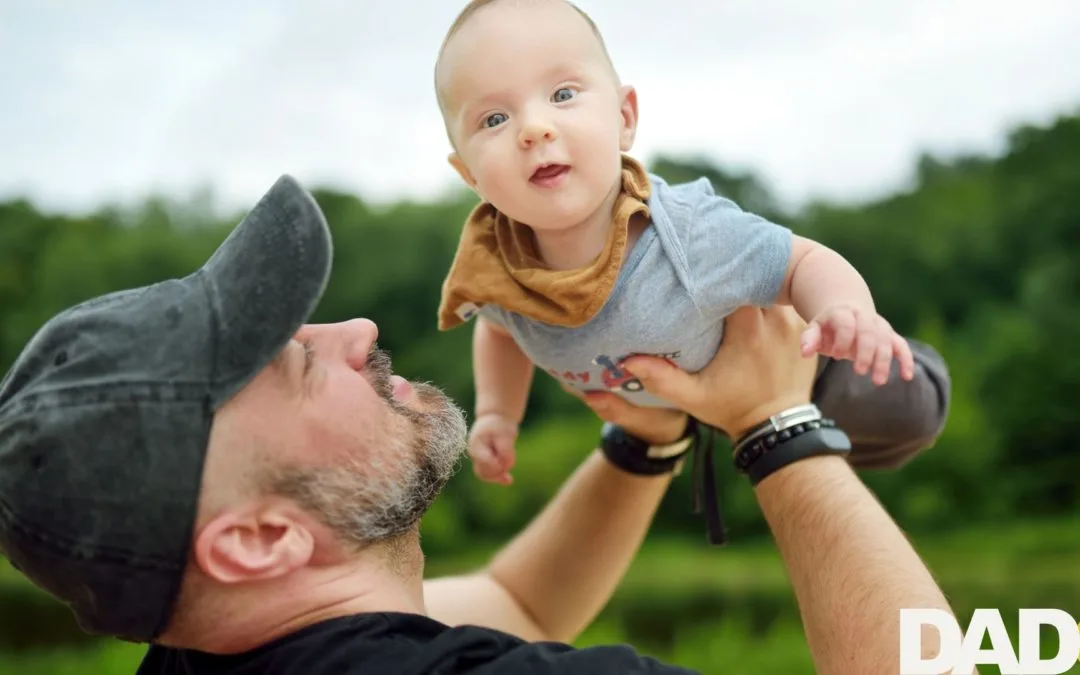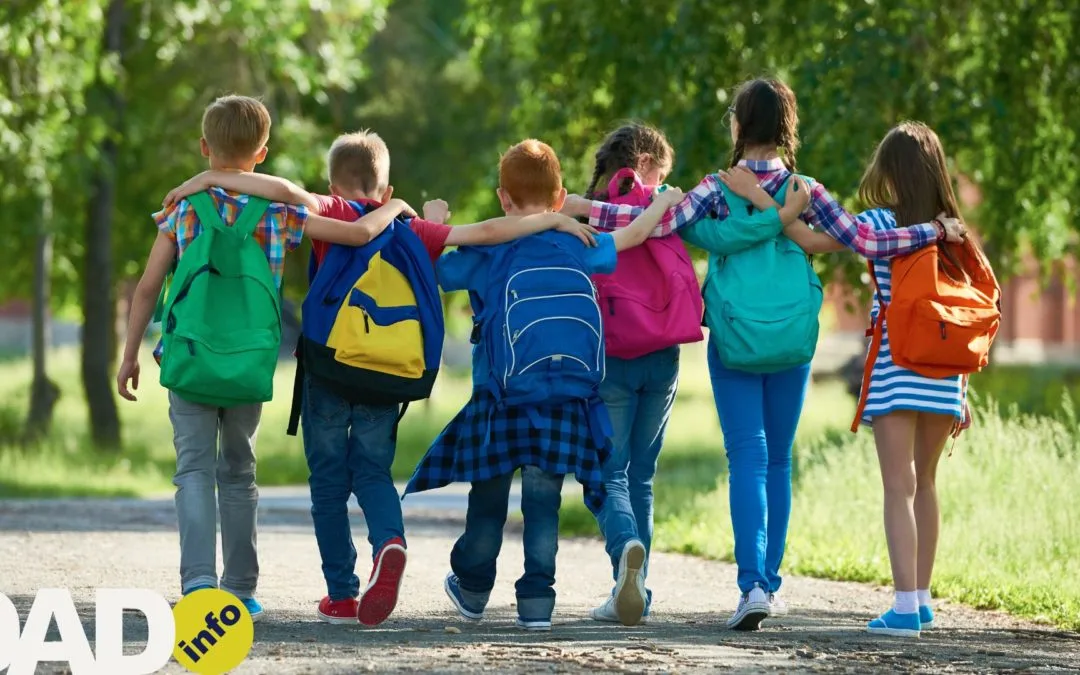What? You thought it wouldn’t affect the kids later down the line? Having a problem with alcohol doesn’t just impact on you – it impacts your children too. DAD.info looks at how alcohol abuse has long-term adverse effects on your children
The addiction influences their emotional and behavioural wellbeing
The association between the externalisation of negative behaviour in children and parental alcohol problems indicates that children can exhibit adverse effects of parental alcoholism. The mental health of the child is affected at a very early stage. Research shows that parents who suffer from alcohol addiction negatively influence their child’s emotional and behavioural wellbeing by increasing the child’s likelihood of acting out and lack of control. For example, ‘boys living in alcoholic or antisocial homes (or both of these) are at elevated risk for displaying risky individual-level characteristics and for living in risky environments characterized by conflictual familial interactions. Boys may learn through repeated observations to also use conflictual and coercive behaviours and thus, even as young as 3 years of age are at risk for elevated levels of externalizing behaviour problems’[1].
Combination of both mental health issues and alcohol
Parents with adverse mental health problems and alcohol addiction are putting their children at a greater risk of developing disorders. Children of parents who struggle with both alcoholism and mental health problems are more likely to develop psychopathologies than children whose parents only suffer from alcohol dependency:
‘Adolescents who had parents diagnosed with alcohol dependence and a comorbid psychiatric disorder had a significantly elevated risk of developing conduct disorder, depression, and substance abuse problems in comparison to adolescents who had parents with no lifetime psychopathology’[2].
Parent-child role switch: alcoholism and parentification of children
There is strong evidence to support the hypothesis that parental alcoholism increases the development of parentification (i.e., children adopting the roles of the parents). The unpredictability of families with parental alcoholism contributes significantly to parentification in children[3]. Parents with poor self-care skills and alcohol addiction may even directly elicit the help and support of their children, pressuring the child to further adopt a level of responsibility that they are not mature enough to process or handle.
Gender differences of children with alcoholic parents
New parents may want to inform themselves about the gendered aspect of the effects of parental alcoholism on children – because there is a gender difference with regards to children of alcoholics. One piece of research shows that there is an increased tendency of sons with alcoholic father to develop psychopathological disorder more so than daughters with alcoholic mothers. Daughters with alcoholic mothers have an increased risk of developing disorders than sons with alcoholic mother[4].
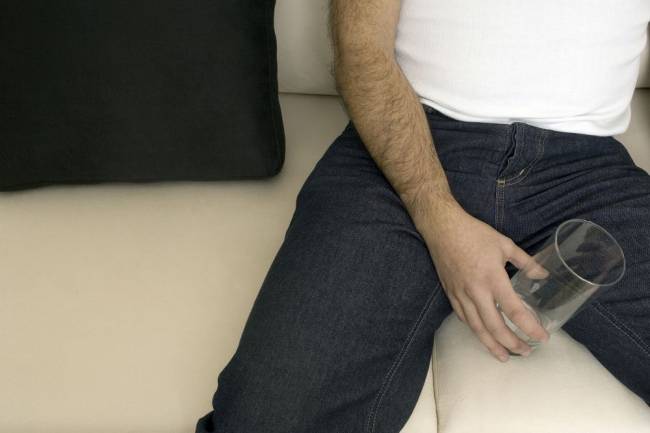
Communication – a preventative strategy
Another study demonstrates that parental alcoholism increases the level of communication about alcohol, which in turn leads to less alcohol-related problems of adolescents. However, alcohol-related problems of parents also lead directly to an increase in alcohol-related problems of adolescents, therefore, ’frequent communication on alcohol matters within families might be due to alcohol-related problems of parents’[5]. This implies that promoting good parent-child and constructive communication skills around the subject of alcoholism may be important as a preventative strategy.
Parents getting treatment actually helps children
This may seem like an obvious point; however, the strong evidence supports the notion that parents struggling with alcoholism ought to seek professional help not only for their own wellbeing but also for the health of their children. Research shows that children benefit when their parents receive treatment for their alcoholism. The adverse psychological symptoms of children of alcoholics’ decreases after the parents undergo treatment for their addiction[6].
Positive Reinforcement goes a long way
Research demonstrates that community reinforcement and family training (CRAFT) is a much more effective approach to treating parents who struggle with alcoholism than traditional programs such as Alcoholics Anonymous[7]. Individuals with alcoholism have often reported to seek treatment at the insistence of their spouses and family members[8]. Furthermore, training spouses and family members in motivational and reinforcement methods to help struggling parents with alcoholism is a proven method of persuading someone to seek treatment[9]. Another study shows that ‘the average treatment engagement rate for CRAFT was 68% (range from 59% to 86%), which was significantly and substantially higher than comparison groups of Al-Anon facilitation therapy or Al-Anon referral (0–29%) or the Johnson intervention (22%). Thus, CRAFT was judged to be a more effective alternative to engage substance abusers in treatment than popular confrontational or detachment approaches’[10].
Rather than adopt interventionist strategies that are confrontational, it is proven that family members would do better to engage in motivational and positive reinforcement to help a parent struggling with alcoholism.
Feel the need to talk this through further? You could start by talking to us on our online forum, from the 30,000 dads on forum – you’ll probably come across someone who has been in your shoes but a little further on in the journey to be able to offer you support.
References
[1] Loukas, A., Fitzgerald, H. E., Zucker, R. A., & Eye., A. von. (2000). Parental Alcoholism and Co-Occurring Antisocial Behavior: Prospective Relationships to Externalizing Behavior Problems in their Young Sons. Journal of Abnormal Child Psychology, 29(2), 92-106.
[2] Ohannessian, C.M., Hesselbrock, V.M., Kramer, J., Kuperman, S., Bucholz, K.K., Schuckit, M.A., and Nurnberger Jr., J. I. (2004). The Relationship Between Parental Alcoholism and Adolescent Psychopathology: A Systematic Examination of Parental Comorbid Psychopathology. Journal of Abnormal Child Psychology, 32(5), 519-533.
[3] Burnett, G., Jones, R. A., Bliwise, N. G., Thomson Ross, L. (2006). Family Unpredictability, Parental Alcoholism, and the Development of Parentification. The American Journal of Family Therapy, 34, 181–189.
[4] Morgan, P.T., Desai, R. A., & Potenza, M. N. (2010). Gender-Related Influences of Parental Alcoholism on the Prevalence of Psychiatric Illnesses: Analysis of the National Epidemiologic Survey on Alcohol and Related Conditions. Alcoholism: Clinical and Experimental Research, 34(10), 1759-1767.
[5] Mares, S.H.W., van der Vorst, H., Engels, R.C.M.E., Lichtwarck-Aschoff, A. (2010). Parental alcohol use, alcohol-related problems, and alcohol-specific attitudes, alcohol-specific communication, and adolescent excessive alcohol use and alcohol-related problems: An indirect path model. Addictive Behaviors, 36(3), 209-216.
[6] Andreas, J. B., O’Farrell, T. J., Fals-Stewart, W. (2006). Does Individual Treatment for Alcoholic Fathers Benefit Their Children? A Longitudinal Assessment. Journal of Consulting and Clinical Psychology, 74(1), pp.191-198.
[7] O’Farrell, T. J. and Clements, K. (2012), Review of Outcome Research on Marital and Family Therapy in Treatment for Alcoholism. Journal of Marital and Family Therapy, 38: 122–144.
[8] Cunningham, J. A., Sobell, L. C., Sobell, M. B., & Kapur, G. (1995). Resolution from alcohol treatment problems with and without treatment: Reasons for change. Journal of Substance Abuse, 7, 365-372
[9] Sisson, R. W., & Azrin, N. H. (1986). Family-member involvement to initiate and promote treatment of problem drinkers. Journal of Behavior Therapy and Experimental Psychiatry, 17, 15-21.
[10] O’Farrell, T. J. and Clements, K. (2012), Review of Outcome Research on Marital and Family Therapy in Treatment for Alcoholism. Journal of Marital and Family Therapy, 38: 122–144.




